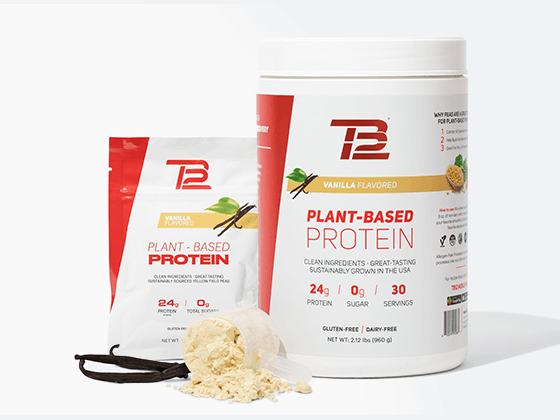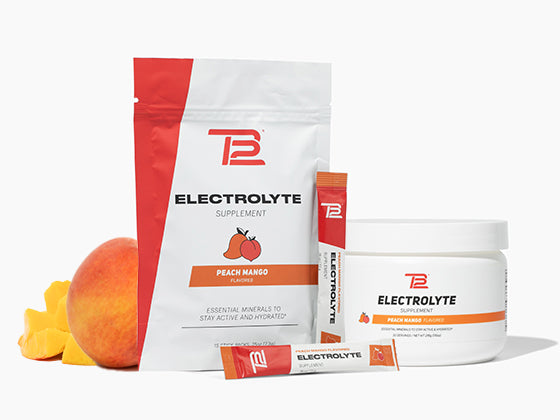Osteoarthritis is the most common type of arthritis, impacting an estimated 31 million Americans. Also referred to as "wear & tear” arthritis, the condition occurs when cartilage wears away in a joint, like the knee, causing the bones to rub more closely together. This causes pain and stiffness in the joint and ultimately reduced mobility.
Integrating Acupuncture into Treating Knee Arthritis
Acupuncture is extremely effective as an arthritis treatment, and when used within an integrated approach — including hydration, nutrition, functional strength & conditioning, and pliability — the prospects for does restoring movement and fitness become strong. Regular monthly acupuncture can enhance arthritis-sufferers’ quality of life significantly.
Here are a few key things to know about the experience of receiving acupuncture to help with knee arthritis:
Does acupuncture hurt?
You might be surprised to learn that it doesn’t! Acupuncture is a very relaxing experience and can even induce a deep state of rest and enhance your sleep. In a typical session, your acupuncturist will use 15 to 20 hair-thin acupuncture needles. Very rarely you may feel a slight pinch initially, but most of the time, clients do not even realize when the needles are in. After sessions, I hear many clients say, “I didn’t feel a thing."
Acupuncture reduces swelling and other arthritis symptoms
Acupuncture is excellent for treating and managing osteoarthritis (as well as other types of arthritis). It can reduce symptoms such as swelling, pain, stiffness, and limited range of motion. It can also slow the rate of further degeneration or damage to joints and surrounding tissue.
Acupuncture promotes healing
Acupuncture is effective in relaxing chronically tight muscles. This will help to increase the supply of oxygenated blood to the local joints to promote healing and improve muscle pliability.
Acupuncture contributes to better mechanics
For people with knee arthritis, acupuncture can improve gait mechanics, helping to prevent further injury to the knee, hip, or back.
Acupuncture can provide an anti-inflammatory effect & boost cartilage repair
Acupuncture is an immunomodulator, meaning it supports the immune response. The process of receiving acupuncture releases adenosine (a powerful natural anti-inflammatory agent and the “A” in ATP — our body’s primary energy source) which can contribute to cartilage repair.
More treatments typically lead to better results
The single best predictor of success with acupuncture is the frequency of treatments in a short span of time. A standard course of treatment would be ten acupuncture treatments within two or three weeks. Note that this varies — complicated conditions typically require more frequent treatment.
An integrated approach helps support the benefits of acupuncture
Many opposing forces — like chronic stress, a suboptimal diet, and other lifestyle factors — can limit the long-lasting benefit that acupuncture can provide.
How To Get the Most Out of Acupuncture:
Acupuncture is most effective when it’s part of a comprehensive treatment plan like clients receive at TB12— incorporated alongside deep-force muscle pliability work, functional strength & conditioning, and nutritional support.





